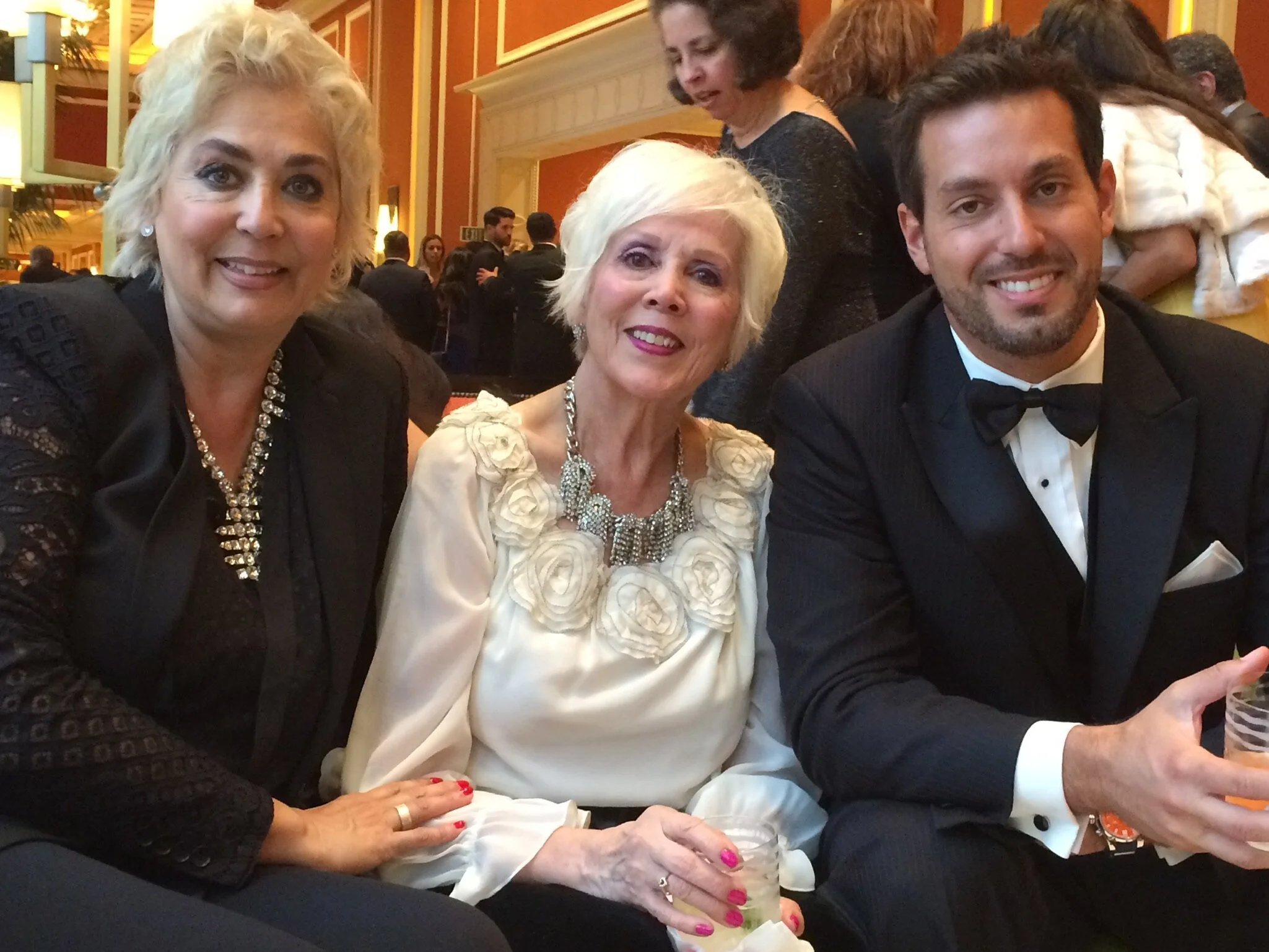Hummus
In the mid 1970’s many young Lebanese men immigrated to California to escape near certain death from the civil war which was devastating Lebanon. One of those young men was Sam, whom I met in French class, and who would later become my brother-in-law. Through a series of coincidences and events, he and my sister Laura met, fell in love and got married. The rest of us, her American family, were inducted into the amazing cuisine he brought with him. As the oldest son in Lebanon, I don’t believe he had ever cooked while living in Beirut, but the need to savor the fresh, spicy and complex flavors of his youth was overpowering and after exhausting searches, he found cafes in LA where he could savor his beloved Lebanese cuisine. This is how I was introduced to the amazing variety of uniquely simple, but complexly flavored foods.
Most of the base ingredients of the cuisine were not rare, even back then, but the way they were treated and mixed was completely novel to me. For instance, adding cinnamon and cloves to meat dishes, and making a dip out of garbanzo beans and a peanut butter like paste (tahini). After Sam and Laura were married and had two beautiful children, my sister’s mother-in-law, Salwah, arrived in the U.S. to help out with my niece and nephew and ended up staying a while. Laura, being the generous, kind, warm-hearted person that she is, accepted Salwah with open arms. What she didn’t know at the time was that Salwah would take her, and by default the rest of us, on an “epic-curean” journey through Lebanon. Laura was always able to grasp languages quickly, and she learned Arabic right away through immersion with Salwah, who did not speak English yet. What I didn’t know then, was what a great cook Laura was at heart. She adapted to the nuances of Lebanese cuisine as though she had lived there all her life. One of the first, of many, dishes she made for us was hummus. There was always hummus, briny olives and fresh Pita bread ready for guests when you visited them. In fact cured olives, like the pineapple in the Southern US, are a symbol of hospitality which welcome visitors and family into the home. In fact, the first known olive trees are from Lebanon and are estimated to be over 6,000 years old. They are strong and impervious to almost any inclement weather, drought and even fire can’t destroy them, as they are known to rise up from their own ashes. I like to think of the Lebanese people in much the same way.
An easy weekend lunch; hummus with olives, feta, mortadella, cucumbers, red peppers, radishes, mint and warm pita bread
Hummus and olives were the beginning of the culinary adventure, but the hits kept coming; tabbouleh, kibbeh sahnieh, arras kibbeh, kibbeh nayeh, fattoush, baba ganouj, kabob…the list is endless, and that is before we talk about sweets. I have never learned the intricacies and secrets of creating all of this splendid cuisine, but I have tried to master one recipe; hummus. The one recipe which signals the commencement of every meal, celebrations and informal get-togethers. It can be a great lunch with sliced vegetables wrapped in warm pita bread. It can stand easily on it’s own, or be the best partner to almost any other main dish imaginable. Like all ubiquitous dishes, every household has it’s version of hummus. In fact, most countries in the Middle East have adapted hummus to their own preferences (smooth, textured, lot’s of tahini, flavored with other vegetables), but the core ingredients are the same; chickpeas, tahini, lemon and garlic. The debate over how to prepare the chickpeas and how much tahini or lemon to use will never end, so ultimately it’s your choice. Today, I will give you the recipe that my sister would make for me, for her kids, and all her loved ones. But, it’s not just a recipe, it’s a symbol of nourishment, love and family. And like the best hummus around the family table, it's devoured as quickly as it comes together.
This post is dedicated to my nephew Jamil, Laura’s son, who passed away this year. He was always first to dig into the hummus and olives at the table. Like the olive trees of his family’s heritage, our family is rooted and strong and will overcome this tragedy. After this pandemic, when we are finally able to get together and mourn his passing, we will also celebrate his amazing, but short life, and I guarantee there will be hummus and olives with warm pita bread.
Laura, my mom and our beloved Jamil.
R.I.P. b. 1983 - d.2020




